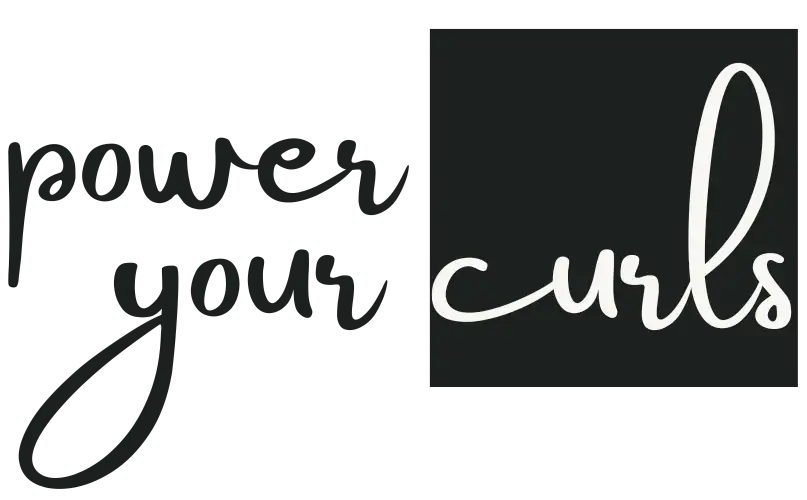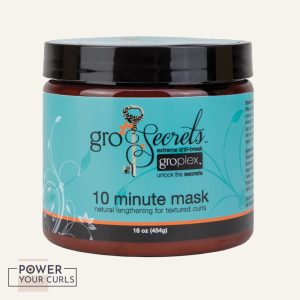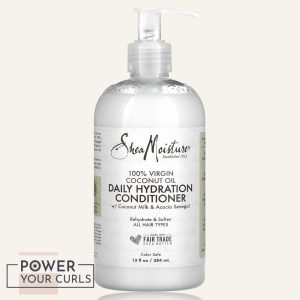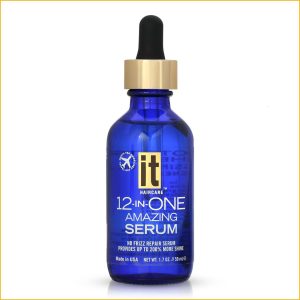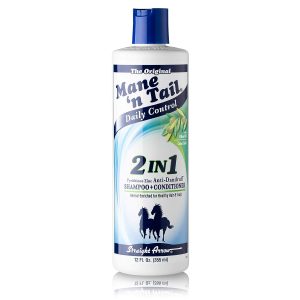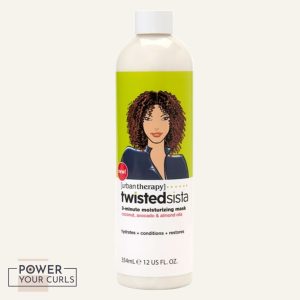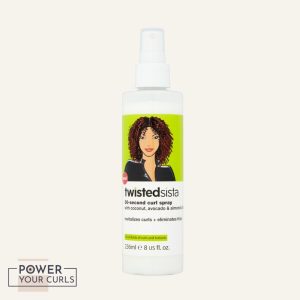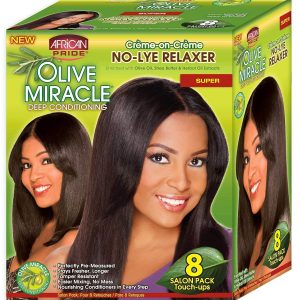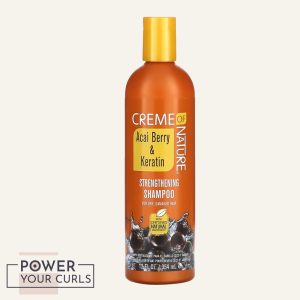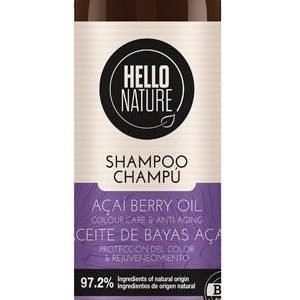If you’ve ever wondered why your hair feels dry, brittle, or lifeless after washing, the culprit could very well be the sulfates lurking in your shampoo. These harsh cleansing agents are incredibly effective at removing dirt, oil, and product buildup from your strands, but they often do so at the expense of your hair’s natural oils and protective barriers.
What Are Sulfates and Why Are They Used in Shampoos?
Sulfates, specifically sulfated surfactants like sodium lauryl sulfate (SLS) and ammonium lauryl sulfate (ALS), are the workhorses of many conventional shampoos. These powerful detergents create a rich, sudsy lather that helps lift away excess sebum, environmental pollutants, and hair product residue. Their efficacy at deep cleansing is precisely why sulfates have been a shampoo staple for decades.
However, this deep cleansing ability comes at a cost. Sulfates are so good at their job that they can strip too much away, including your hair’s protective natural oils and the outer cuticle layer. This leaves strands feeling parched, rough, and susceptible to damage from styling and environmental stressors.
The Potential Dangers of Sulfates for Your Hair and Scalp
Dryness, Irritation, and Hair Damage
The most common issue associated with sulfates is dryness and dehydration of the hair shaft. By depleting your strands of their natural oils and moisture, sulfates can leave hair feeling coarse, brittle, and prone to breakage over time.
Of particular concern is how sulfates can strip away the hair’s natural proteins in addition to its protective oils. Hair is largely made up of a protein called keratin that makes strands strong yet flexible. However, sulfates’ harsh detergent action can cause keratin and other protective proteins to be gradually removed from the hair shaft.
Over time, this protein depletion leaves hair weak, mushy, and incredibly fragile. Strands become stretchy and elastic rather than smooth and resilient. They are far more prone to breaking, snapping, and developing damaging split ends.
Sulfate Sensitivities and Allergic Reactions
While relatively rare, some individuals may experience allergic reactions or sensitivities to sulfates. Symptoms like rashes, hives, or breathing difficulties could potentially occur with topical exposure. If you notice any adverse reactions after using a sulfate-containing product, discontinue use immediately and consult a doctor.
Even beyond allergic reactions, sulfates’ irritating properties may trigger scalp issues like dermatitis, eczema flare-ups, and aggravated psoriasis. If you have a pre-existing scalp condition, sulfate-laden shampoos can worsen inflammation and discomfort.
Endocrine Disruption Concerns
Beyond just hair and scalp issues, some research has raised concerns that sulfates may potentially disrupt normal hormone function by mimicking or interfering with the body’s natural hormones. Studies on sodium lauryl sulfate (SLS) in particular have linked it to potential impacts on thyroid and reproductive hormones.
Higher Risk for Color-Treated Hair
If you get your hair dyed, highlighted, or use any semi-permanent or permanent hair color, sulfates pose an especially serious threat. Their harsh cleansing can quickly strip away artificial pigments, leading to premature fading and brassiness. Over time, this accelerated color loss from sulfates negates the time and money invested in your color services.
the solution is to seek out Sulfate-Free Alternatives
In recent years, growing awareness of sulfates’ potential downsides has driven demand for gentler, sulfate-free shampoo formulas. These products often rely on milder surfactants derived from sources like coconuts, sugars, or amino acids to gently cleanse without stripping.
How to identify and avoid shampoo with sulfates?
Simply, be a savvy label reader—many brands will try to slip sulfates under the radar with sneaky ingredient names. There are actually quite a few sneaky sulfate names to watch for on ingredient labels besides the most common sodium lauryl sulfate (SLS) and ammonium lauryl sulfate (ALS). Other sulfate surfactants that crop up frequently include:
- Sodium laureth sulfate
- Sodium C14-16 olefin sulfonate
- Ammonium xylene sulfonate
- Sodium lauryl sulfoacetate
- Disodium laureth sulfosuccinate
The word “sulfate” or “sulfonate” is usually a giveaway, but brands get crafty with chemical nomenclature. When in doubt, opt for products clearly labeled “sulfate-free” if you want to avoid these harsh cleansers.
Tips for Transitioning to Sulfate-Free Haircare
If you’ve been a longtime sulfate shampoo user, transitioning to gentler sulfate-free formulas may require some adjustment. Don’t be alarmed if your hair initially feels slightly coated or heavy—this is perfectly normal as your strands rebalance their natural oil production. You may also notice less intense lathering, which is okay since lather has no bearing on cleansing efficacy.
To ease the changeover, I recommend doing a clarifying rinse or using a silicone-free sulfate shampoo every few weeks to remove any excess buildup. Deep conditioning treatments and avoiding heat styling can also help keep hair healthy during this shift. Be patient; most see fuller, shinier, and more manageable hair within 4-6 weeks of going sulfate-free. Check out our sulfate-free shampoo products in the meantime.
-
10 Minute Mask
AED 57.00 -
100% Virgin Coconut Oil Daily Hydration Conditioner
AED 42.20 -
12-In-One Amazing Serum No Frizz Repair Serum
AED 100.00 -
2 In 1 Pyrithione Zinc Anti-Dandruff Shampoo + Conditioner
AED 30.00 -
3-Minute Moisturizing Mask
AED 46.99 -
30-Second Curl Spray
Original price was: AED 50.00.AED 40.00Current price is: AED 40.00. -
8 Packs Deep Conditioning No-Lye Relaxer
Original price was: AED 40.00.AED 35.00Current price is: AED 35.00. -
Acai Berry & Keratin Strengthening Shampoo
AED 36.99 -
Acai Berry Oil Shampoo Color Care & Anti-aging
AED 35.50
Once you’ve made the full transition, you’re likely to notice a world of difference in your hair’s condition. Without harsh sulfates continually depleting your strands, your hair can retain its natural oils and elasticity for improved softness, strength, and manageability. Color treatments last longer too when you avoid sulfates’ fading effects.
At the end of the day, sidestepping sulfates is all about being an informed, conscientious consumer of haircare products. Don’t be afraid to put those ingredient lists under the microscope—your hair’s long-term health and vibrancy could very well depend on the products you choose to lather up with.
